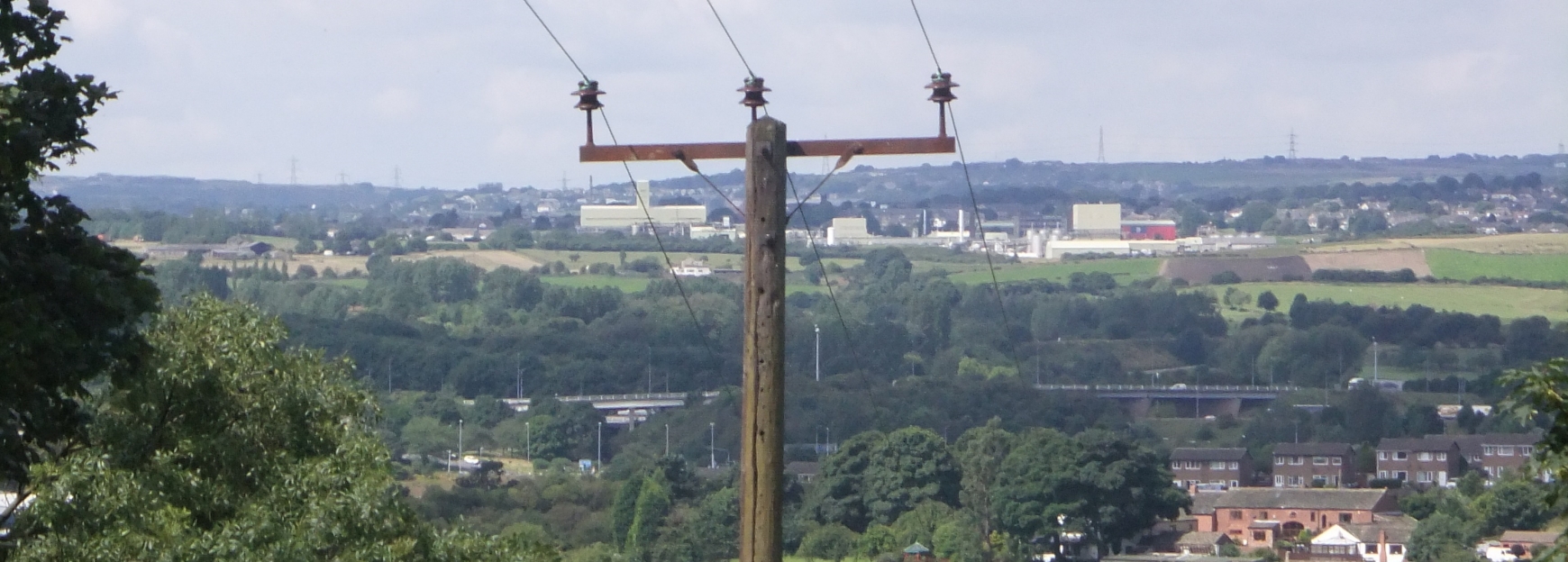 Every day I am speaking to customers about prices and they’re often asking whether to hold out to see if the prices come back down or whether signing long-term is the best plan. Looking at the electricity market since this time last year, overall, commodity prices have gone up considerably.
Every day I am speaking to customers about prices and they’re often asking whether to hold out to see if the prices come back down or whether signing long-term is the best plan. Looking at the electricity market since this time last year, overall, commodity prices have gone up considerably.
With this making up around 50% of your unit rates, it really hasn’t helped. The other components of the unit rate, the Third-Party costs haven’t been much better. Over the past two years, we’ve seen significant cost increases in these rates as well as new costs coming in such as:
- Capacity Mechanism (CM)
- Contracts for difference (CFD)
- Energy Intensive Industries (EII)
Third party costs are a necessity, whether you fix them or pass them through, as they cover the cost of getting the energy to you and support various industry schemes and regulations, so if these continue to increase, so will your bills.
Looking to the future, it’s difficult to predict what’s going to happen and if I could, I’d be very rich indeed. We know that over the past two years we’ve seen energy spend increase anywhere between 15% and 30% and if that this was to continue, the cost of energy for many businesses could become much more significant. We also know that uncertainty creates volatility in the market and with the UK trying to figure out its plans for Brexit, the uncertainty in how we will be trading energy with the continent, along with the several of the biggest suppliers being European companies, is sure to create some volatility.
So what can you do to avoid higher bills in a rising market?
What I tell my customers is that there is no quick fix or easy way of avoiding rising costs, but there are ways to minimise the damage and the risk. One way is to pool your volume in with other supplies to benefit for the lower prices of a buying group, better rates based on a larger volume to soften those increases in costs. The other is to sign longer term contracts to give yourself the budget certainty for longer and to avoid increases where possible. Yes, the market could come down over the term of your contract based on the last two years of increases, but is that likely? The difference in cost between a one and two year contract is a fraction of the increases we’ve seen in the last year and many customers who only signed for 12 months are kicking themselves for not signing longer term.
Give me a call on 024 7669 8885 for more information on how you can make the most of the rising market.


